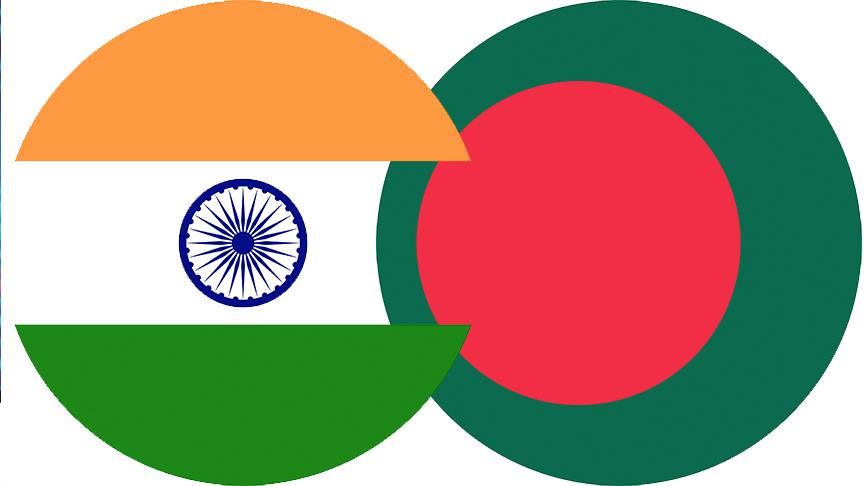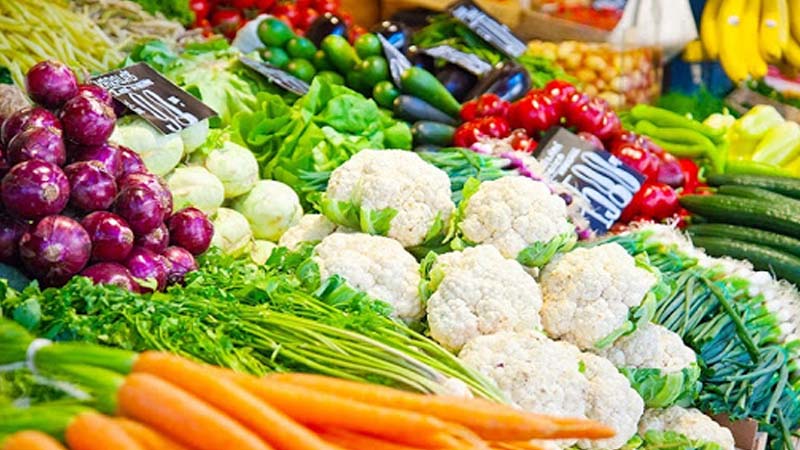Trade, connectivity, defence coop dominate foreign ministers’ talks
Bangladesh and India would hold a minister-level meeting of the Joint Rivers Commission of the two countries for resolution of the protracted disputes on water sharing of the Teesta and other common rivers.
The two sides ‘agreed to hold the long-pending Joint Rivers Commission meeting soon at the ministerial level to address outstanding issues on water resources cooperation,’ foreign minister AK Abdul Momen said reading out a nine-point press statement on Tuesday after a meeting with his Indian counterpart S Jaishankar.
‘Both sides underscored the necessity of early resolution of the Teesta water sharing and early resolution of agreements on sharing of all common rivers.’
The two ministers reiterated their commitment to the finalisation of the ‘interim agreement for sharing of the waters of the Teesta’, according to the 28-point statement released by the Indian external affairs ministry.
They also underscored the need for an early conclusion of the Framework of Interim Agreement on sharing of waters of six other joint rivers, namely, Manu, Muhuri, Khowai, Gumti, Dharla and Dudhkumar, the Indian statement read.
The matter about the meeting of the water ministers was mentioned in the Indian statement as an urge to ‘the concerned authorities to consider convening the ministerial level JRC meet’.
Momen said at the briefing that the two countries agreed on a formula on sharing of water of the Teesta River and initialled the documents in this regard in 2010.
The two ministers co-chaired the 6th meeting, held virtually, of the joint consultative commission of the two countries.
Both sides agreed to work on the removal of various non-tariff barriers, including anti-dumping and anti-circumvention duties imposed on export of jute products and certain other exports, and lack of adequate trade facilitation that was impeding the flow of Bangladeshi products into India.
Bangladesh also requested India to look into the export of essential commodities, such as onion, since this impacts the domestic market of Bangladesh. The Indian side ‘took note of this’ without giving any assurance on the matter.
The ministers urged the border forces of the two countries to enhance coordinated measures to bring down killings along the border to zero with effective implementation of the coordinated border management plan, as Bangladesh expressed deep concern at the rise in killings of Bangladeshi nationals by the Indian border force.
The Indian side requested Bangladesh for an expeditious approval to erecting the single-row (still-meshed) fencing within 150 yards of the zero-line of the border.
The two sides also agreed to work for the resumption of air connectivity, during the on-going pandemic, through special air bubble arrangement with equal share of frequencies and routes by the carriers of the two countries.
The two sides also discussed the implementation of the development projects under four Indian Lines of Credit in a timely manner.
The two sides agreed to form a monitoring committee with Bangladesh’s Economic Relations Division secretary and Indian high commissioner in Bangladesh from their respective sides.
‘Both sides expressed satisfaction at the increasing pace of defence cooperation, including in training, exchanges and capacity building,’ the Indian statement said, adding, ‘They welcomed the proposal to hold the next meeting of the annual defence dialogue in November. They urged an early implementation of the defence line of credit.’
The two ministers reiterated the importance of the safe, speedy and sustainable return to Myanmar of the forcibly displaced persons from the Rakhine State of Myanmar, currently being sheltered by Bangladesh, according to the Indian statement.
Enhancing cooperation on energy and power sector through facilitation of tripartite power-energy cooperation among Bangladesh-India-Nepal and Bangladesh-India-Bhutan was also discussed.
The two sides agreed to hold a virtual meeting at the level of prime ministers – Sheikh Hasina of Bangladesh and Narendra Modi of India – in December 2020.
Dhaka and Delhi agreed to establish Bangabandhu-Bapu digital museums in Bangladesh and India on the lives of Bangladesh’s founding president Sheikh Mujibur Rahman and Mahatma Gandhi of India.
Foreign secretary Masud Bin Momen and his Indian counterpart Harsh Vardhan Shringla, Bangladesh high commissioner to India Muhammad Imran and his counterpart Riva Ganguly Das and senior officials from both sides attended the meeting.














